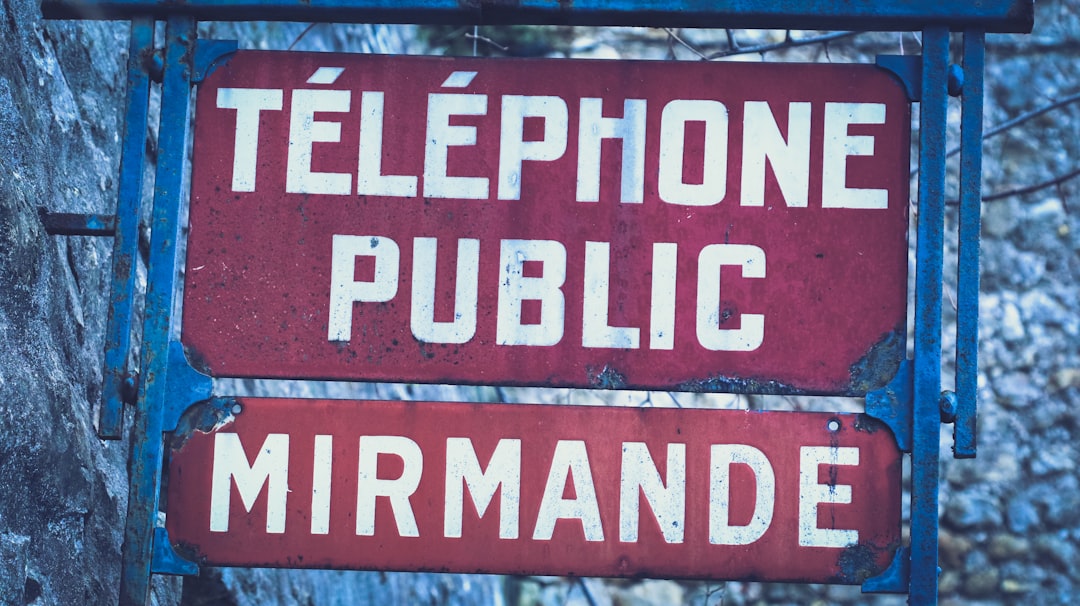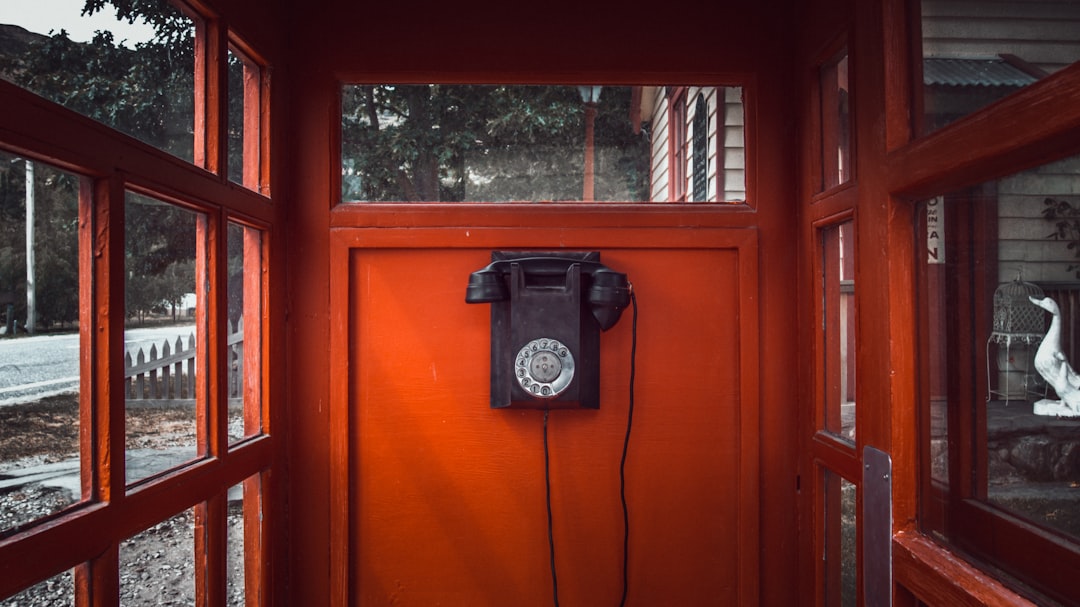In Illinois, spam call law firms are a growing concern, but residents have powerful tools to combat them. The state's strict laws, including the Illinois Consumer Fraud Act and federal TCPA, protect consumers from deceptive marketing by law firms. Misconceptions about the Illinois Spam Call Law (Telemarketing Act) are common, emphasizing that law firms cannot spam. Financial institutions and law firms are prime targets for spam calls due to their data, increasing the need for protection. Consumers in Illinois have legal recourse through the TCPA, allowing them to sue for unsolicited calls and seek action from the Attorney General's office. Documenting interactions and using carrier blocking tools further protect against nuisance calls from spam call law firms.
In Illinois, spam calls remain a persistent issue, frustrating residents across the state. Understanding these calls and their legal implications is crucial for safeguarding your privacy. This article explores the top ten myths surrounding spam calls in Illinois, debunking common misconceptions and shedding light on the relevant spam call law firms operating within the state. By demystifying these practices, we aim to empower individuals to protect their rights and navigate the complexities of spam call regulations effectively.
Understanding Spam Calls: A Common Illinois Issue
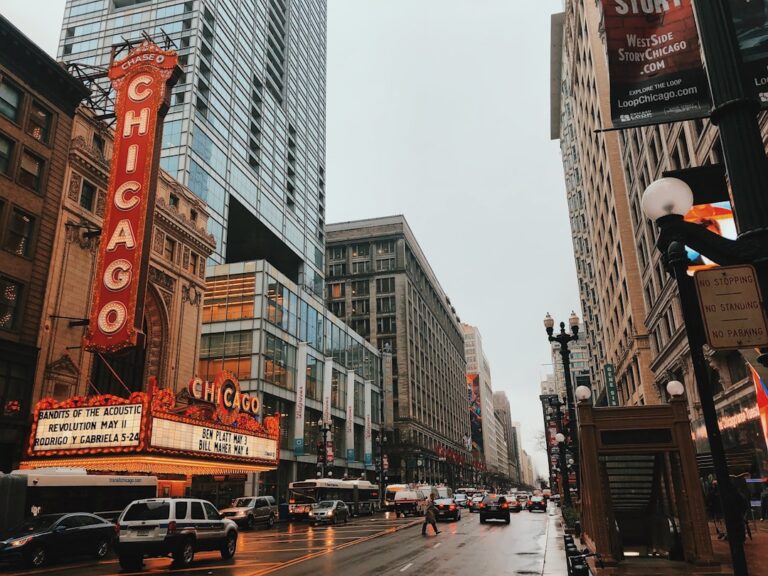
In Illinois, just like in many other states, spam calls from law firms have become an increasingly prevalent nuisance. These unsolicited phone calls often purport to offer legal services or threaten action, causing stress and confusion among recipients. Understanding the nature of these calls is the first step in combating them effectively.
Spam calls from law firms in Illinois are typically driven by businesses aiming to maximize profits through aggressive marketing tactics. They may use automated dialing systems, pre-recorded messages, or live agents to blanket areas with their promotions. While some may offer legitimate services, many Illinois residents find these calls intrusive and misleading. Awareness of the state’s spam call laws is crucial for consumers; these laws protect against deceptive practices and provide recourse for those harassed by unwanted legal solicitations.
The Legal Framework: Illinois Spam Call Laws Explained

In Illinois, the fight against spam calls is regulated by strict laws designed to protect residents from unwanted and fraudulent telephone solicitations. The Illinois Consumer Fraud and Deceptive Business Practices Act plays a pivotal role in curbing spam call activities. This legislation prohibits businesses from using deceptive or misleading practices in their marketing efforts, including making false or unsubstantiated claims about the nature of the call.
Additionally, the Telephone Consumer Protection Act (TCPA) at the federal level supplements Illinois’ state laws. Together, these legal frameworks empower residents to take action against spam call law firms operating within the state. Illinois consumers have the right to file complaints with relevant authorities and seek legal recourse for any violations that result in emotional distress or financial harm.
Myth vs. Reality: Debunking Common Misconceptions
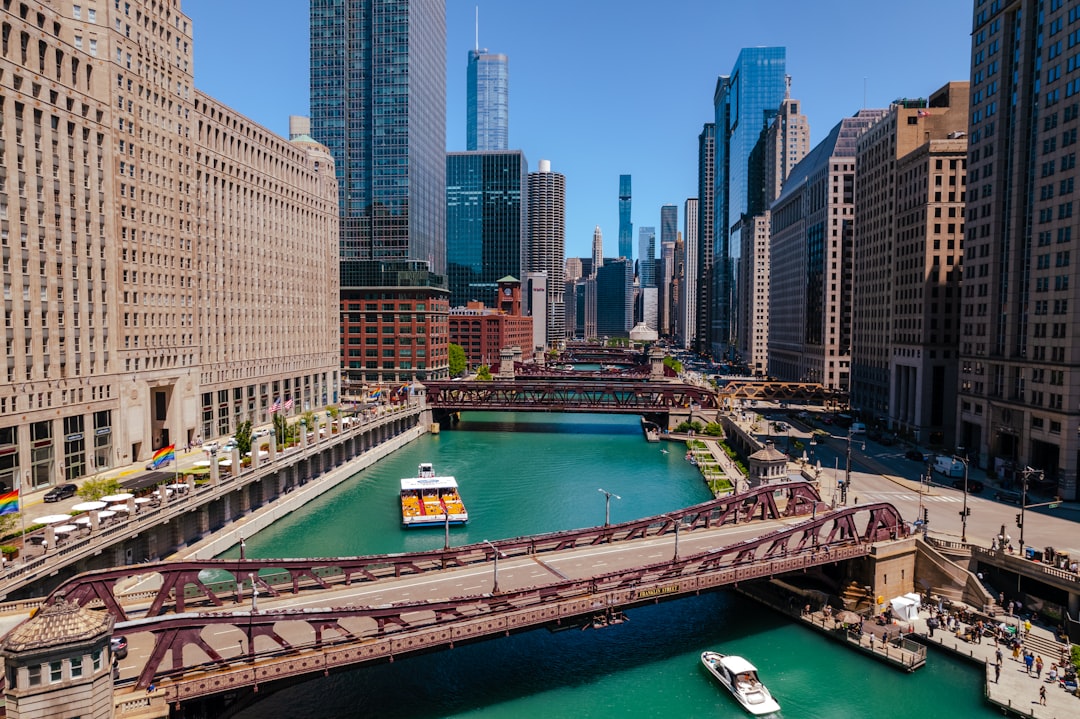
Many people in Illinois hold various misconceptions about spam calls, especially when it comes to law firms. It’s time to set the record straight and debunk some common myths. The term “spam call” often conjures images of incessant robocalls promoting dubious products or services, but in reality, law firms are subject to strict regulations regarding telemarketing practices, particularly when contacting residents in Illinois.
The Illinois Spam Call Law (also known as the Illinois Telemarketing Act) clearly outlines permissible communication methods and provides consumers with essential protections. Law firms cannot simply bombard individuals with unsolicited calls; they must obtain prior express consent before initiating contact for marketing or commercial purposes. This means that if you haven’t given permission for a law firm to call you, their actions may be considered illegal spamming under the state’s regulations.
Targeted Industries: Who's Most At Risk?

In Illinois, certain industries and professional sectors face a heightened risk of spam calls due to their inherent characteristics. Law firms top this list as potential targets because they often have extensive contact lists—client, prospect, and referral networks—making them attractive to telemarketers seeking to exploit these connections for financial gain. The nature of legal work itself, which involves constant communication with clients, also makes law firms more susceptible to spam calls, as malicious actors try to leverage this existing network for their unauthorized purposes.
Additionally, businesses in the financial sector, such as banks and investment companies, are frequently targeted due to the sensitive information they handle. These entities must remain vigilant against spam calls aimed at phishing for personal data or attempting to manipulate clients through deceptive practices. While everyone needs to be cautious, law firms and financial institutions bear a greater burden of protection under Illinois’s spam call laws, which aim to curb these nuisance and potentially harmful interactions.
Protecting Your Rights: What to Do If You're Being Spammed
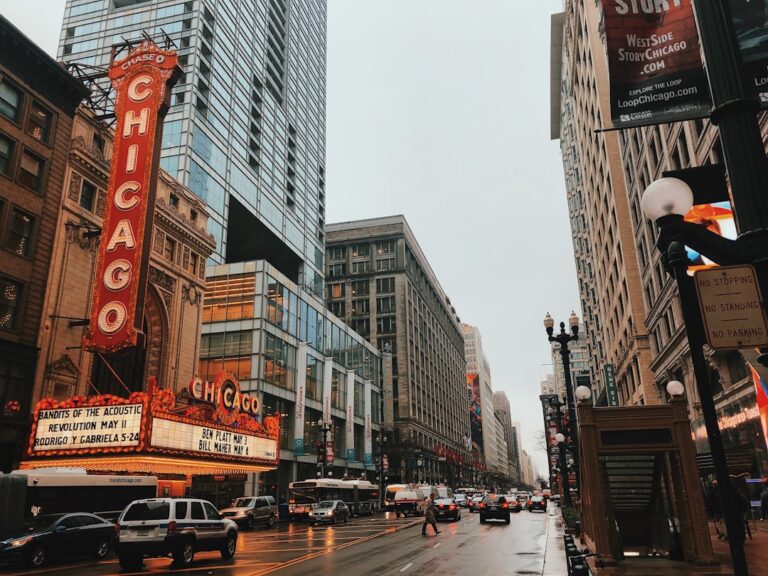
If you’re experiencing a barrage of spam calls in Illinois, know that there are legal protections in place to safeguard your rights. The Telephone Consumer Protection Act (TCPA) restricts unsolicited phone marketing and gives consumers the right to sue for damages if they receive such calls. In Illinois, the law is enforced by the Attorney General’s office, which actively investigates and takes action against spam call law firms operating within the state.
When dealing with spam calls, document every interaction—record the caller’s number, the date and time of the call, and a summary of what was said. This information can be crucial if you decide to file a complaint with the Attorney General’s office or take legal action. You have the right to refuse receiving automated calls for marketing purposes by simply telling the caller to stop. Furthermore, many phone carriers offer tools to block spam calls, providing an additional layer of protection.
